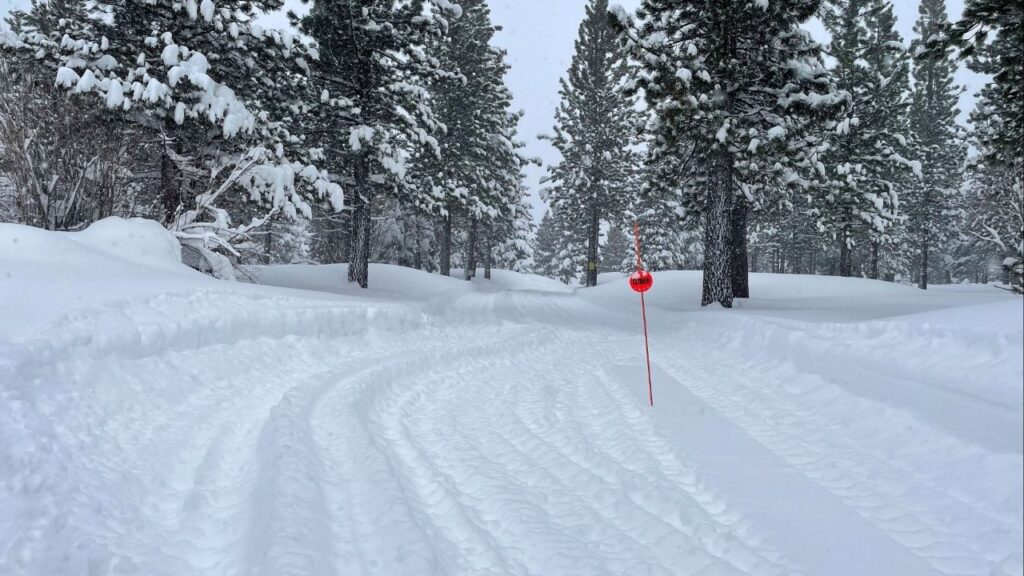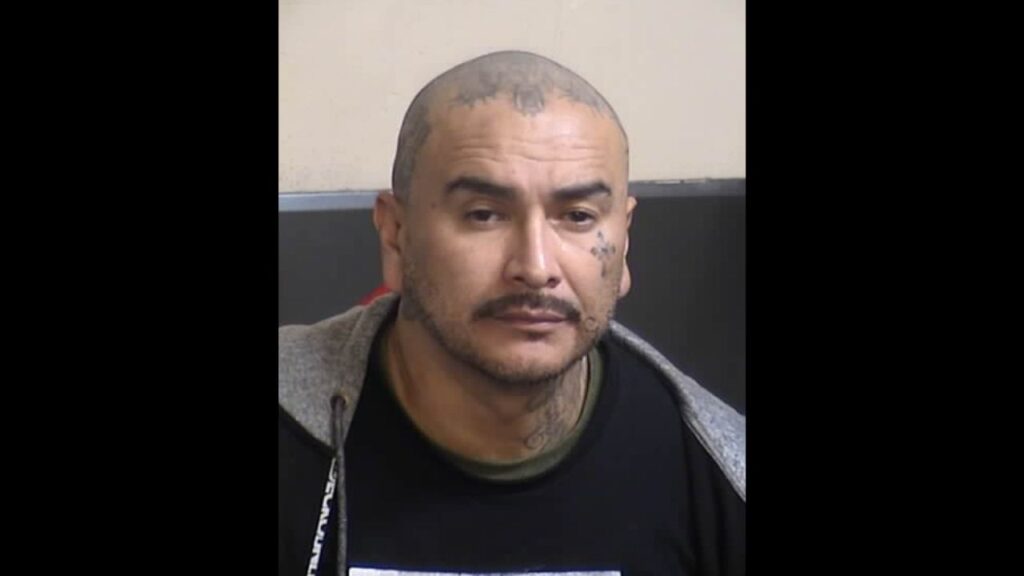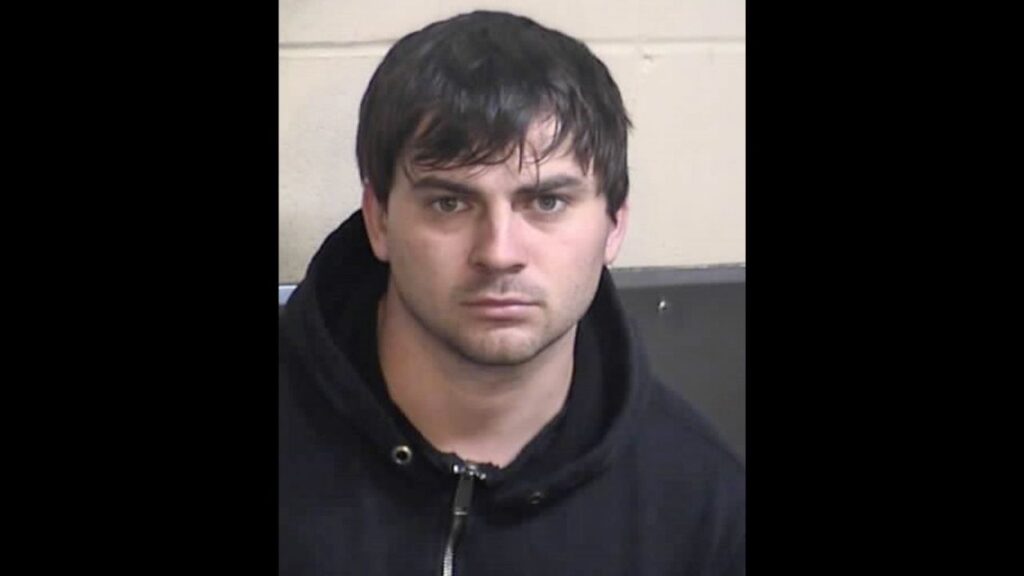Share
WASHINGTON — The Supreme Court agreed Friday to plunge into the abortion debate in the midst of the 2020 presidential campaign, taking on a Louisiana case that could reveal how willing the more conservative court is to chip away at abortion rights.
The court’s new term begins Monday, but arguments in the Louisiana case won’t take place until the winter. A decision is likely to come by the end of June, four months before the presidential election.
The Supreme Court temporarily blocked the Louisiana law from taking effect in February, when Chief Justice John Roberts joined the court’s four liberal justices to put it on hold. Kavanaugh and Gorsuch were among the four conservatives who would have allowed the law to take effect.
Those preliminary votes do not bind the justices when they undertake a thorough review of an issue, but they often signal how a case will come out.
Roberts’ vote to block the Louisiana law was a rare vote against an abortion restriction in his more than 13 years as chief justice. That may reflect his new role since Kennedy’s retirement as the court’s swing justice, his concern about the court being perceived as a partisan institution and respect for a prior decision of the court, even one he disagreed with.
Both Cases Involve the Standard First Laid out by the Court in 1992
In the Texas case, he voted in dissent to uphold the admitting privileges requirement.
The Louisiana case and a separate appeal over an Indiana ultrasound requirement for women seeking an abortion, on which the court took no action Friday, were the most significant of hundreds of pending appeals the justices considered when they met in private on Tuesday.
Both cases involve the standard first laid out by the court in 1992 that while states can regulate abortion, they can’t do things that place an “undue burden” on a woman’s right to an abortion. The regulations are distinct from other state laws making their way through court challenges that would ban abortions early in a pregnancy.
Louisiana abortion providers and a district judge who initially heard the case said one or maybe two of the state’s three abortion clinics would have to close under the new law. There would be at most two doctors who could meet its requirements, they said.
But the appeals court in New Orleans rejected those claims, doubting that any clinics would have to close and saying the doctors had not tried hard enough to establish relationships with local hospitals.
In January, the full appeals court voted 9-6 not to get involved in the case, setting up the Supreme Court appeal.
Anti-Abortion Activists Had Challenged the Chicago Law
The Hope Medical Group clinic in Shreveport, Louisiana, and two doctors whose identities are not revealed said in their appeal that the justices should strike down the law without even holding arguments because the decision so clearly conflicts with the Texas ruling from 2016.
There also was no action on a third abortion-related appeal that involves a challenge to a Chicago ordinance that stops protesters from getting within 8 feet (2.4 meters) of people entering abortion clinics and other health care facilities without their consent.
Anti-abortion activists had challenged the Chicago law as a violation of their free speech rights. The federal appeals court in Chicago upheld the law, though grudgingly.
The Supreme Court upheld a similar Colorado law in 2000, but in 2014 struck down a Massachusetts provision that set a fixed 35-foot (10.7-meter) buffer zone outside abortion clinics.
Also Friday, the court agreed to hear an appeal by energy companies and the Trump administration asking the court to overturn an appeals court ruling and reinstate a permit to allow construction of a natural gas pipeline through two national forests, including parts of the Appalachian Trail.
The 605-mile pipeline would begin in West Virginia and travel through parts of Virginia and North Carolina. The proposed route, which the administration had approved, would include the George Washington and Monongahela National Forests, as well as a right-of-way across the Appalachian Trail.
RELATED TOPICS:
Categories

Meta’s Zuckerberg Denies at LA Trial That Instagram Targets Kids

What You Need to Know About Avalanche Safety in the Backcountry

















